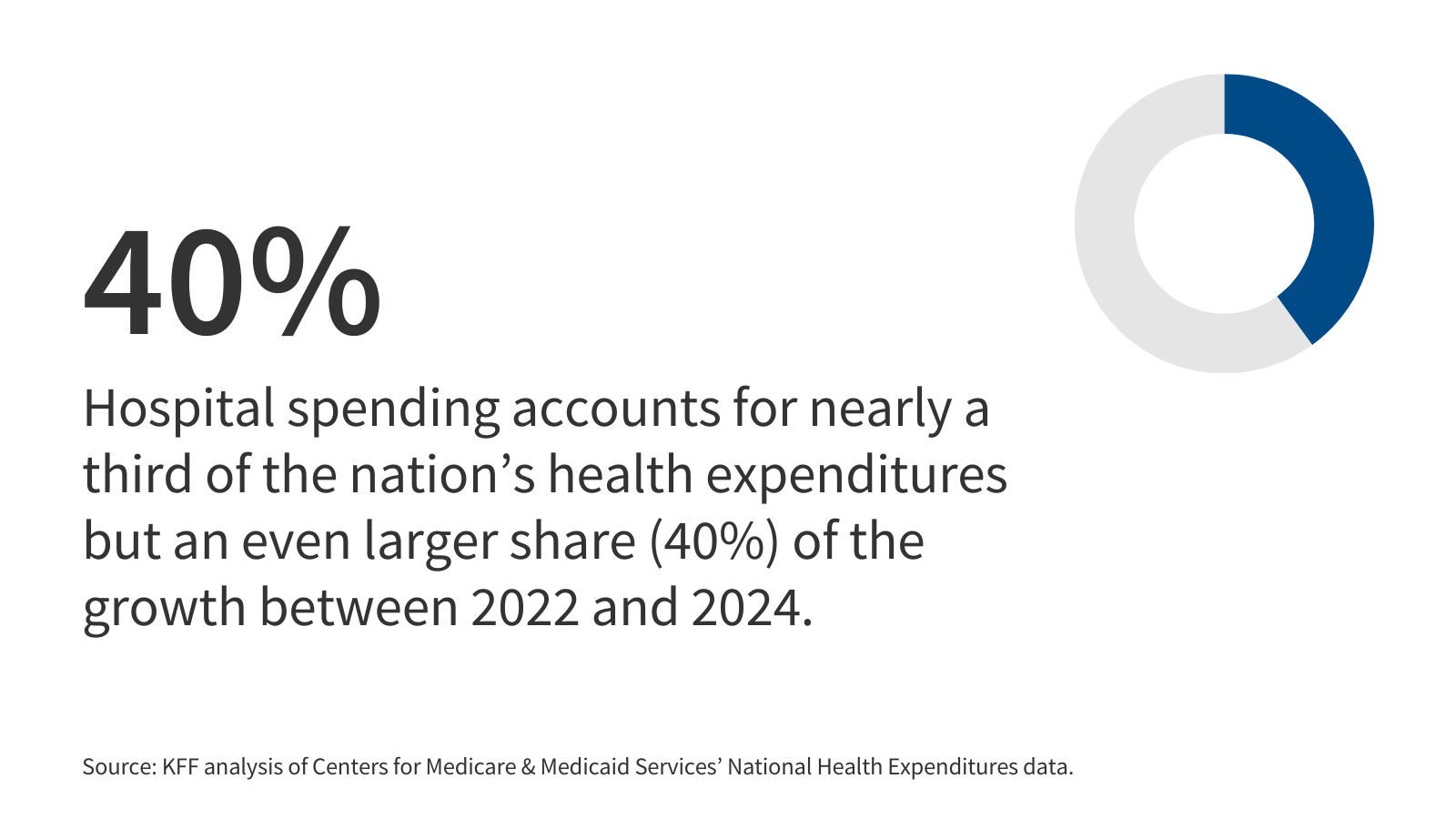Oscar Health has created an artificial intelligence “superagent” by leveraging the impact of large language models (LLMs), the company announced in detail on its blog Wednesday.
The new tool was previewed in front of other technology leaders earlier this summer, a post on LinkedIn by the company shows. The company built the superagent over the last eight months, said Pal Takacsi, vice president of AI, in a separate post.
Designed to help Oscar’s Care Guides, the agent will help with questions over prior authorization, benefit costs and types of procedures. Initial Oscar employees rated the AI assistant positively, with the tool earning an 82.6% satisfaction rate.
“Our superagent is an orchestration of language models and internal APIs,” the engineers said in the blog post. “We layer intent classification, targeted information retrieval, calls to internal endpoints, and answer synthesis, so that the system is able to produce responses with supporting citations even when source data comes from different systems.”
The company has already expanded the use cases of the technology, including issuing new ID cards and renewing prescription drugs, researchers said. Oscar also wants members to eventually be able to talk with the agents through voice activation, and are beginning to use OpenAI’s latest LLM, GPT-5, in building out new features.
Agentic AI in healthcare has been deployed by all types of healthcare companies in recent months to reduce administrative costs and burden and improve efficiency.
Oscar’s agent is judged on factual accuracy, depth of response, relevance, clarity and friendliness of tone. Human care guides typically score worst on depth of response, or completeness, representing an opportunity for AI to provide much-needed assistance.
The agent will analyze evidence of coverage and schedule of benefit forms, as well as Current Procedural Terminology (CPT) and Healthcare Common Procedure Coding System (HCPCS) codes. The company also uses embedding models from OpenAI.
Individual subagents handle various use cases, including for provider networks, benefit categories, taxonomy, benefit plans, prescription drug coverage, preventive care and prior authorization.
“Each sub-agent runs independently,” the researchers explained. “If a sub-agent is not confident in its own response (e.g., it finds no relevant information), it removes itself from the flow, ensuring that only high-confidence data moves forward.”
All relevant information is then pulled and synthesized, by another separate agent.
Elsewhere, Oracle Health this week unveiled an AI-powered electronic health record equipped with voice capabilities.
Publisher: Source link










